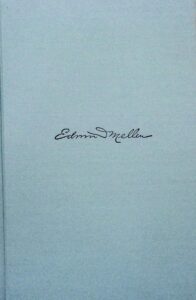Day 4 concludes Chapter 2, Expedients, and completes the first volume of the Sūtra of the Lotus flower of the Wonderful Dharma.
Having last month considered why the Buddha expounded expedient teachings, we consider how previous Buddhas expounded expedient teachings.
The great multitude present here
Shall remove their doubts.
The Buddhas do not speak differently.
There is only one vehicle, not a second.The number of the Buddhas who passed away
During the past innumerable kalpas was
Hundreds of thousands of billions,
Uncountable.All those World-Honored Ones expounded
The truth of the reality of all things
With various stories of previous lives, parables and similes,
That is to say, with innumerable expedients.All those World-Honored Ones expounded
The teaching of the One Vehicle,
And led innumerable living beings [with expedients]
Into the Way to Buddhahood.All those Great Saintly Masters
Who knew the deep desires
Of the gods, men, and other living beings
Of all the worlds,
Revealed the Highest Truth
With various expedients.

